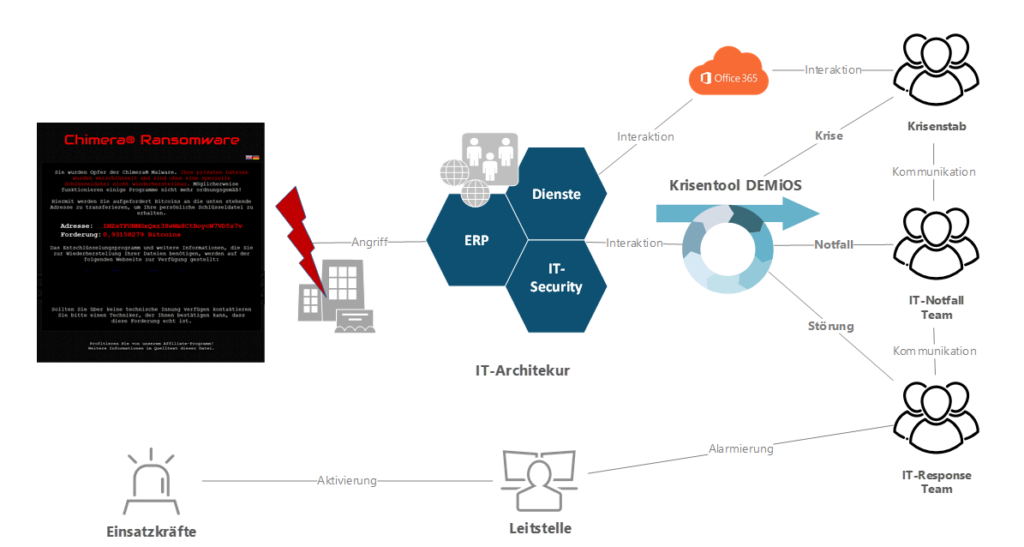The past few months have left massive traces in all our lives. In my observation, these traces are particularly pronounced among three groups. The young people and young families, the many self-employed and tradespeople, and the elderly in nursing and retirement homes. They all have done and continue to do very special things and deserve all our respect and recognition. In listing these three groups, I in no way wish to exclude the many others who have been affected. The pandemic has taken us all to fundamental limits, both humanly and economically. In the “time after Corona,” we will ask ourselves what lessons we will all learn from these months of “special settings in our lives.”
We are experiencing further aspects of the Corona crisis in the many institutions and companies affected. Not long ago, we all could not have imagined that in very many companies, apart from a “relaxation pause” in the summer and early fall, “crisis mode” prevailed almost continuously from March 2020 until now. It is not unusual for the number of crisis team meetings to have now reached or exceeded 120. During this time, we have been able to present the respective developments in an intensive exchange with representatives of well-known companies and to exchange views very openly, even on critical issues. Things did not go as well everywhere as the public pronouncements would have us believe. We would like to take this opportunity to thank all those involved once again.
For example, the following points from the discussions:
- Pandemic plans often fall short
- The opportunity for “lessons learned” was often missed in the summer
- Role-finding, decision making and leadership in the crisis team pose major challenges
- International coordination and virtual crisis team work require new solutions
- Home office will change our society.
- The simultaneous occurrence of COVID 19 and a ransomware attack puts companies under particular stress
- The most important and protectable assets in a company are their data
- The Corona crisis has pushed digitization forward by at least five years and increased the demands on digital solutions
- The interconnectedness of solutions and their scalable availability permeates all sectors
- New technologies such as MS Teams are catching on
- The acceptance of cloud services has increased because their security has increased and their vulnerability has decreased
- Under “One Security”, enterprise security and the IT department will merge
Apart from the classic Crisis Management topics, the future requirements are coming to the fore. In addition to the methodical procedure in a crisis, competencies in digital communication, digital Crisis Management, data protection, cyber security, and crisis communication via “old” media and social media must be demonstrated; these are today’s basic requirements that will certainly become even more important tomorrow.
A future-proof Crisis Management application must enable a company to connect existing solutions such as alerting tools, event reporting systems, collaboration tools or programs such as Office365 with the Crisis Management application via interfaces and to integrate them cost-effectively into the existing IT system landscape. Our future depends on the interactivity of subsystems. The Corona crisis has led to new experiences at these interfaces that will change and improve our future.
The diagram above shows initial considerations. We have outlined further ideas in a presentation (German) and an article, which we are happy to make available via our website. If you would like to discuss the ideas presented in more detail, please contact us and arrange an appointment for a more in-depth exchange about the possibilities presented.
One of our fundamental statements on Crisis Management is that a structured decision-making process is the core element in a highly escalated situation. Controlling this process is the essential task of the head of a crisis team. We support him in this task with our crisis management tool DEMiOS 3, but this approach is now also followed in the recently presented draft of a Crisis Management standard by ISO. In ISO CD 22361, the importance of decision-making is particularly emphasized and an approach is recommended that corresponds to our methodology.
The last few months have seen a massive increase in ransomware attacks on businesses. It is too early to judge whether working from the home office has caused IT security to take a back seat. However, what is required in any case is that security awareness among employees is significantly strengthened. In this area, we have entered into a partnership with KnowBe4. Our two companies thus offer various tools and an eLearning environment that is second to none. For example, companies have the option of having the risk of a possible phishing attack simulated, the Phishing Reply Test (PRT). With it, a company can quickly and easily determine whether and how many of its employees in key departments are falling for highly targeted phishing attacks.
In view of the current Corona situation, our events will only be held online until further notice. As soon as the situation allows, we will again offer our own seminars in addition to our webinars.
We wish all of you a Merry Christmas and especially that this difficult situation passes soon. Stay healthy.
Letter ass PDF Download (German only)

